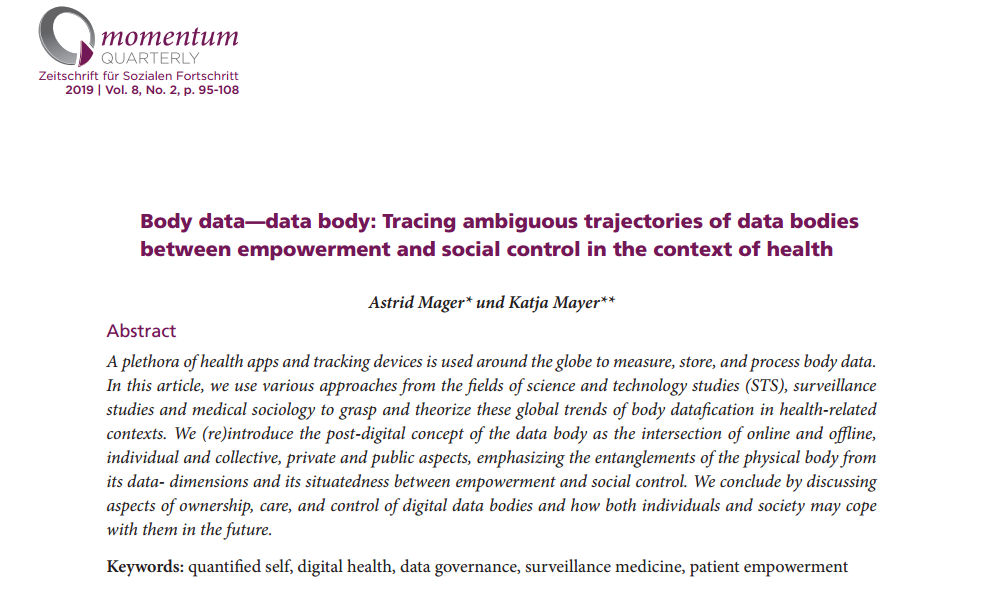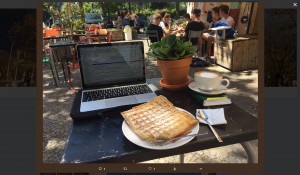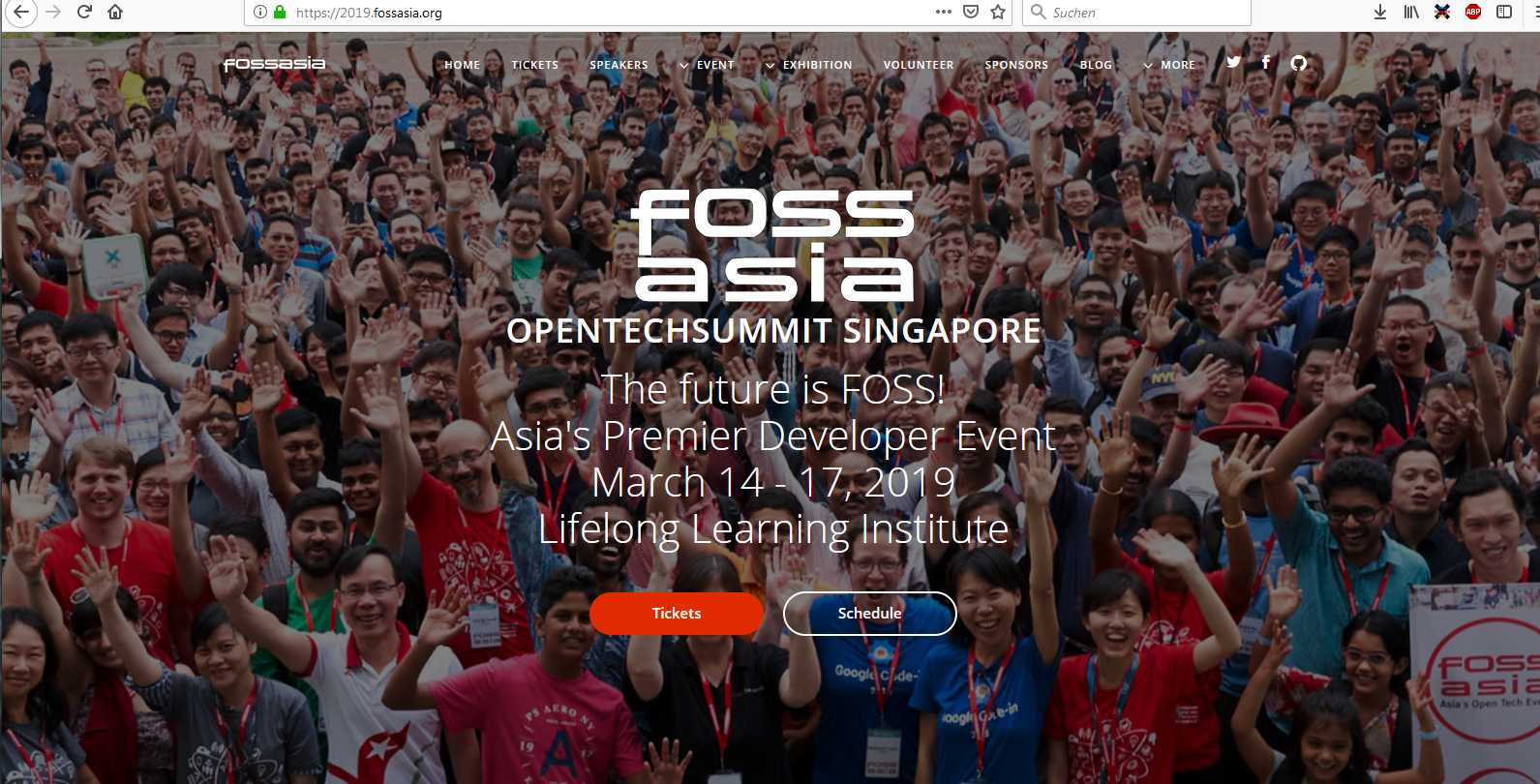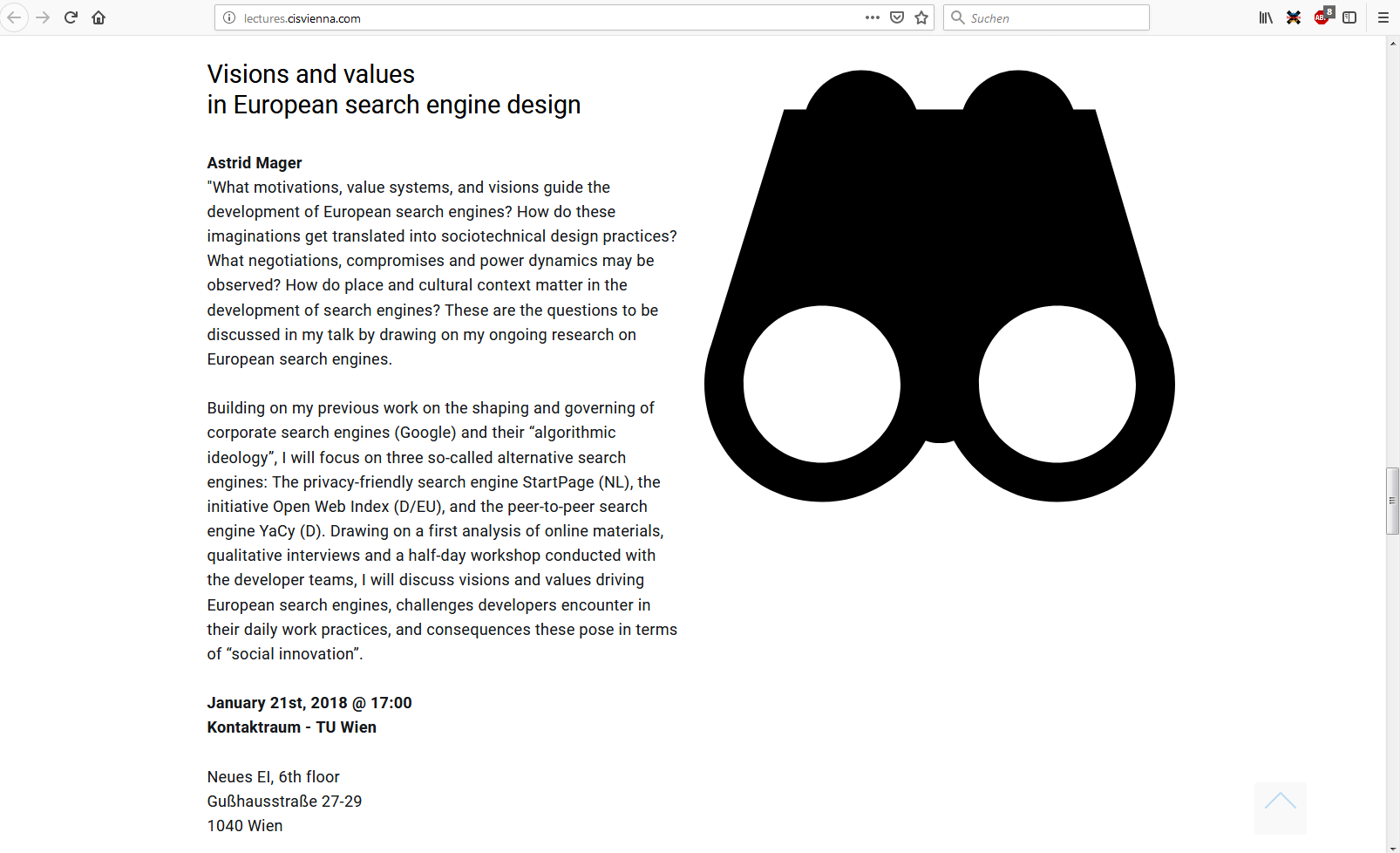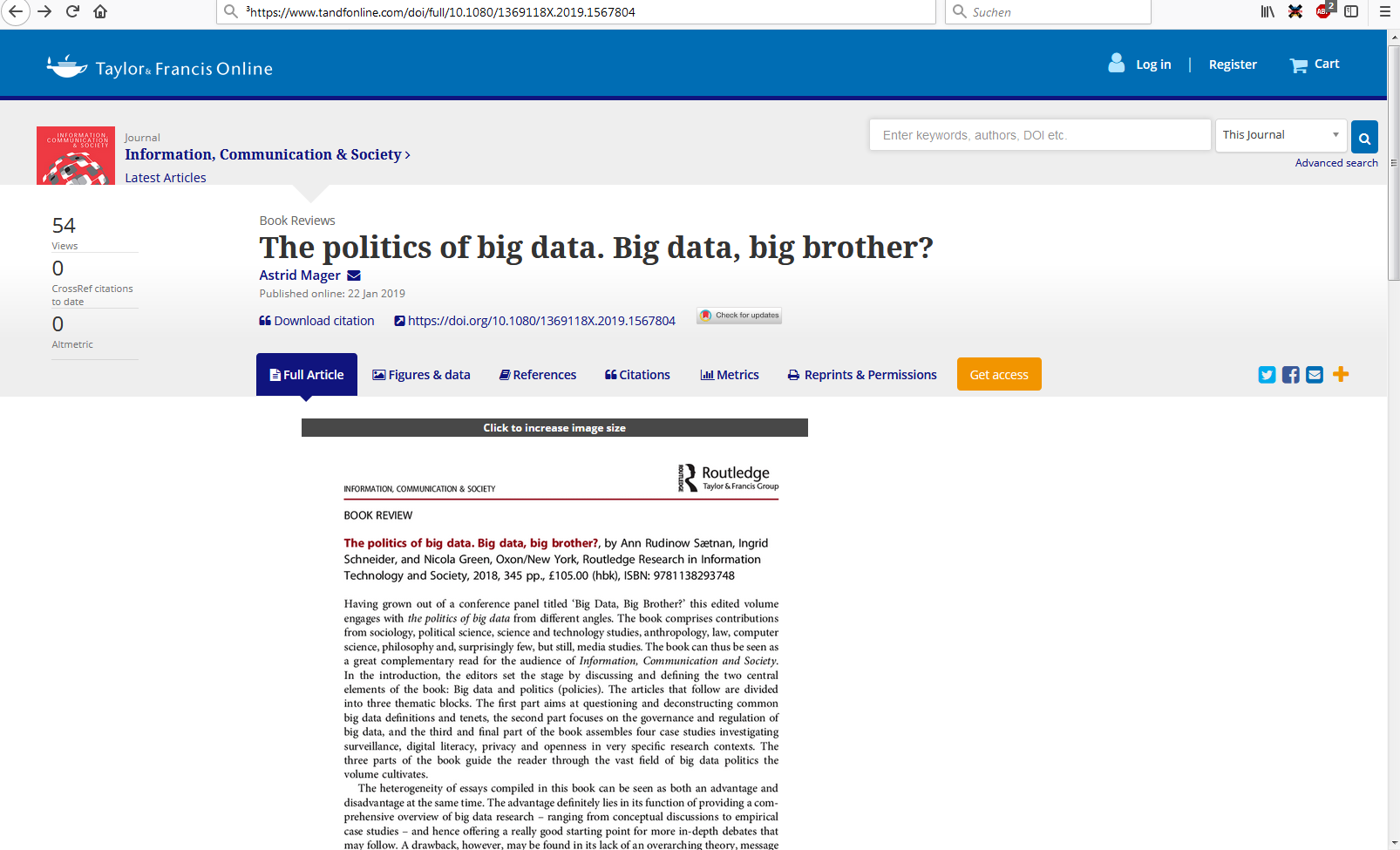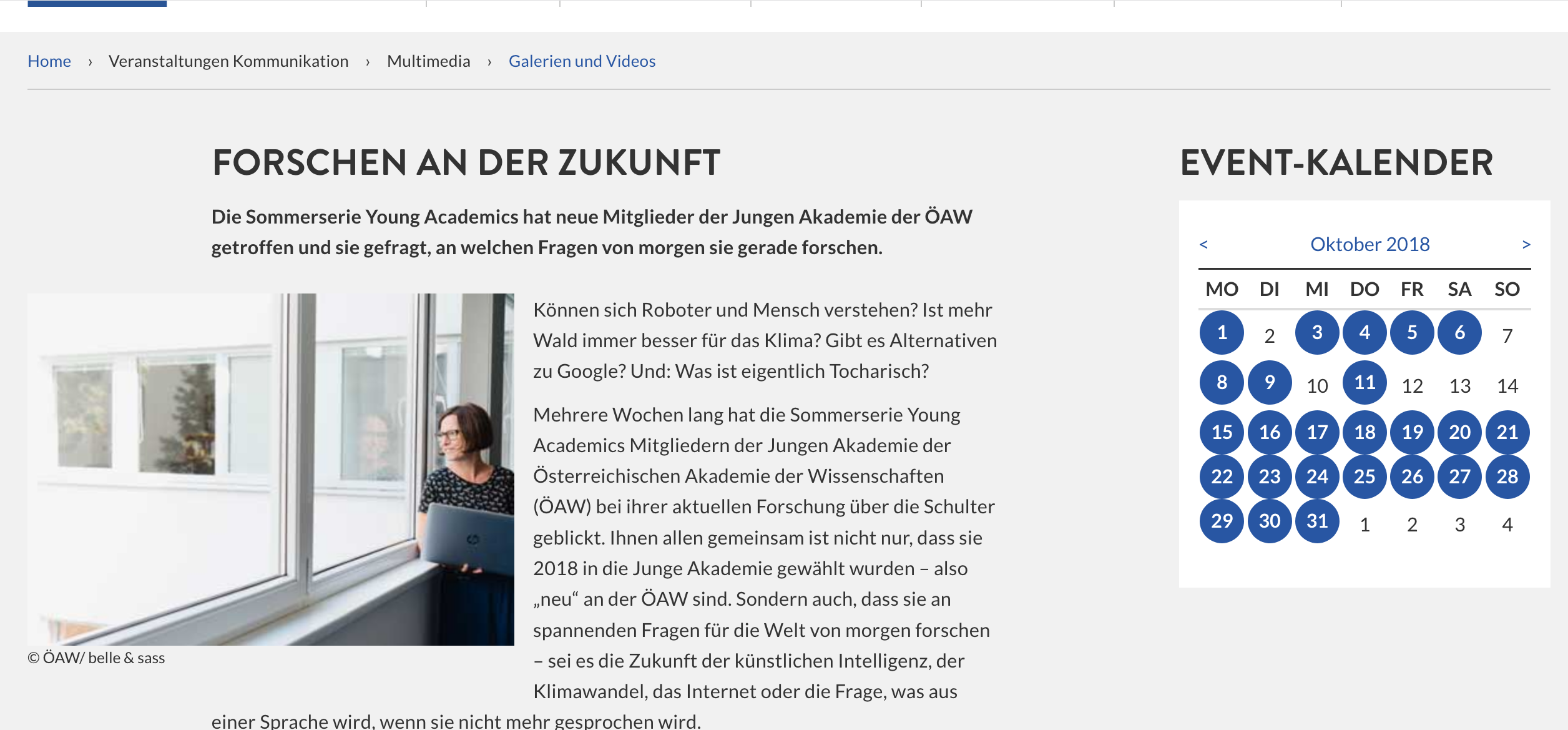Today, the Internet Governance Forum started in Berlin. As part of this huge event the edited volume “Busted! The Truth About the 50 Most Common Internet Myths“ will be launched. This wonderful volume – edited by Matthias Kettemann & Stephan Dreyer – is a compilation of common Internet myths and their deconstructions. Here is the link to the whole book: https://internetmythen.de (English and German; including summaries in all five UN languages). Enjoy!!
I’ve contributed Myth #19: Search engines provide objective results:
Myth: Search engines deliver objective search results. This is the founding myth of the leading search engine in the Western World: Google. 20 years later this founding myth still exists in Google’s company philosophy. More importantly, however, it resonates in people’s minds. Without knowing how the search engine actually works, many users say that the best websites can be found on top.
Busted: In 1998, the founding year of Google, Sergey Brin and Larry Page described their search engine’s central aim as follows: „The primary goal is to provide high quality search results over a rapidly growing World Wide Web.“ (Brin and Page 1998: 115). Accordingly, the notions “quality” and “search quality” feature over 30 times in their research paper. The authors depict the PageRank algorithm – originally using the number and quality of hyperlinks a website gets, anchor text and proximity to determine the quality of a website and rank it accordingly – as their main competitive advantage. They describe the algorithm as “objective measure” corresponding well to “people’s subjective idea of importance” (Brin and Page 1998: 109). Interestingly, this seems to be the case indeed. Having asked people why they use Google to find online health information in the context of my PhD project, most people answered with saying that Google delivered the best search results, implicitly shaping the search engine as a tool for quality assurance. Without knowing – or even thinking about – how the search engine actually works, Google’s founding myth was reproduced in people’s stories.
But it is a myth. Search engines are no neutral, objective technologies, but rather tightly intertwined with societal norms, values and ideologies; the capitalist ideology most importantly. Over the past decades, Google’s “techno-fundamentalist” ideology of neutral ranking was aligned with and overshadowed by non-objective considerations. New media scholars started to deconstruct the myth of objectivity soon after the search engine’s successful market entry. At first, they challenged the PageRank algorithm by arguing that it would threaten the democratic ideal of the web (#28) by systematically preferring big, well-connected, often commercial websites at the expense of smaller ones. Later they switched over to questioning search engines’ business models based on user-targeted advertising and the commercialization of search engine results and privacy issues these trigger. A major criticism in this body of work concerns the ‘consumer profiling’ conducted by Google – and others like Bing – that enable search engines to adjust advertisements to users’ individual interests. (#21; #22)
Due to the growing amount of user data these companies acquired, the search algorithm and the “organic” search results changed too. Besides hyperlinks other factors were thrown into the measuring of a website’s quality including user profiles and click behaviour most particularly, but also the structure of a website, timeliness, and the amount of keywords and content. Accordingly, new media researchers, but increasingly also journalists, criticized the intensified personalization of search engine results, search engine biases and discrimination. This illustrates that search algorithms are tightly intertwined with the business models their companies rely on. The capitalist ideology is embedded in search engines and “acts through algorithmic logics and computational systems“ (Mager 2014: 32).
Truth: It is important to keep in mind that search engines and their algorithms are no neutral technologies, but rather incorporate societal values and ideologies; the capitalist ideology most importantly. Only then may we come up with forward-looking governance models respecting local regulations and resonating with human rights (especially in Europe, where data protection is enshrined as a fundamental right).
Source: Sergey Brin and Lawrence Page, The anatomy of a large-scale hypertextual Web search engine, Computer Networks and ISDN Systems 30: 107- 117 (1998); Astrid Mager, Defining Algorithmic Ideology: Using Ideology Critique to Scrutinize Corporate Search Engines, tripleC 12(1): 28-39 (2014).

